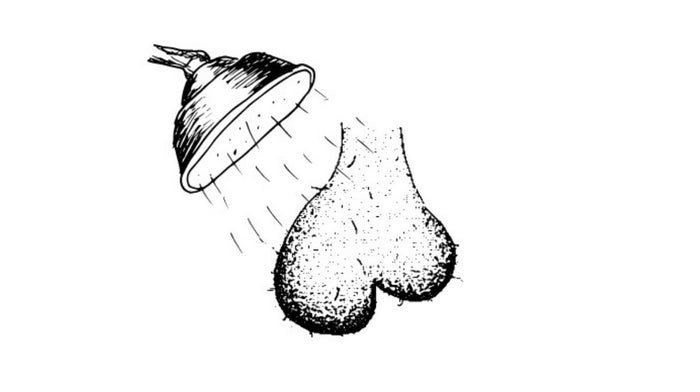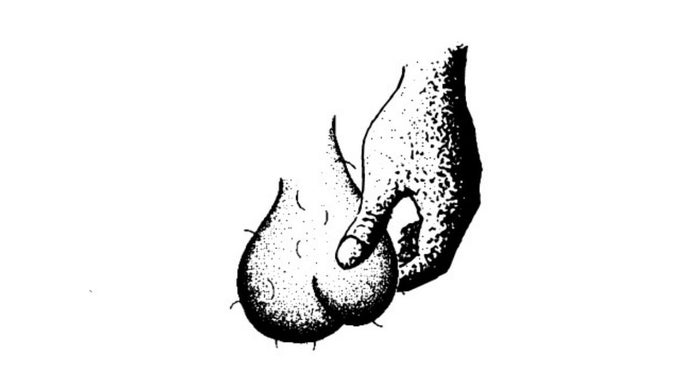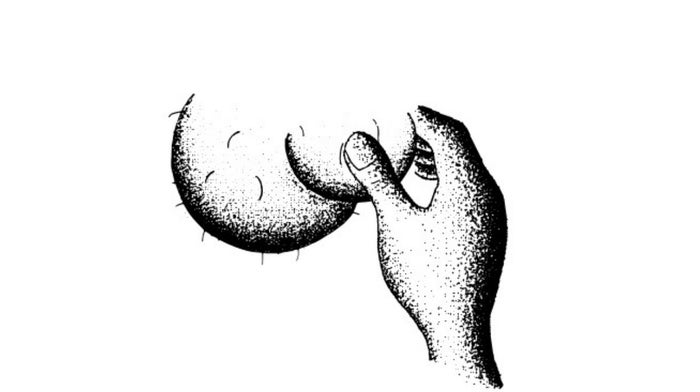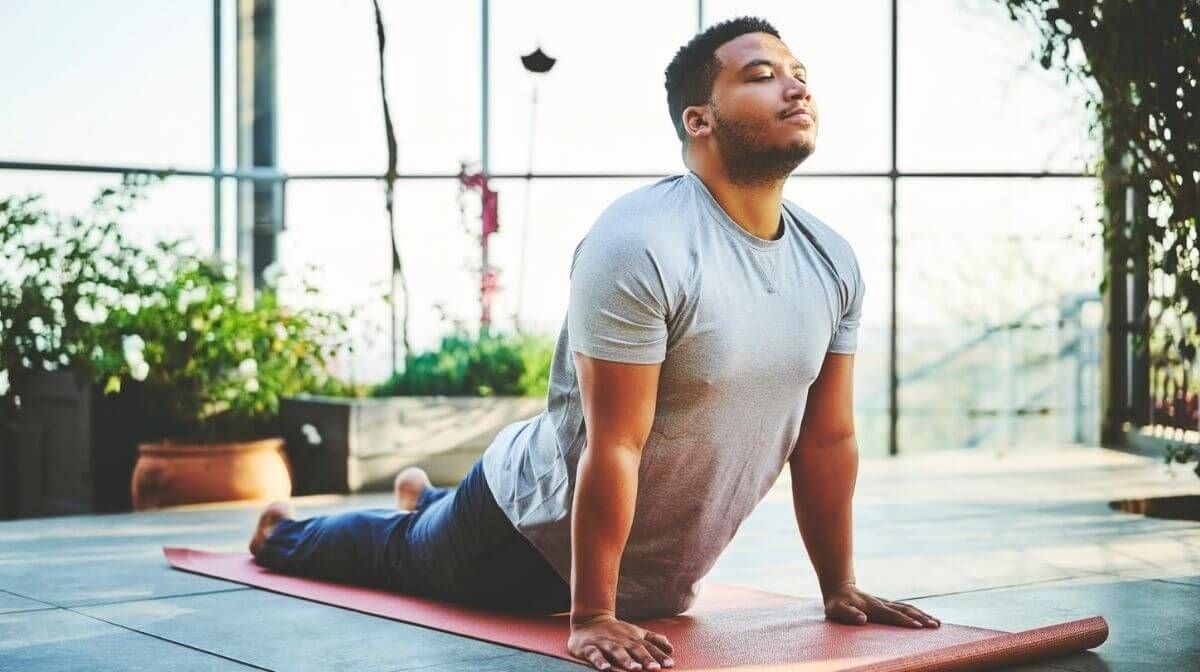
Showing strength is a key factor of traditional masculinity, and appearing strong and healthy at all times is a key part of that. But this isn’t a healthy way to approach life at all; by going to extensive efforts to conceal any signs of perceived ‘weakness’, men could actually be putting both their physical and mental health at risk.
The Movember movement aims to raise awareness of men’s health issues not just each November but all year round. With this in mind, here are five men’s health facts you need to be aware of:
1. Know When to Get Your Prostate Checked
Statistics show that around 1 in 8 men in Europe and the UK are affected by prostate cancer and only two-thirds of these cases are detected early. If you have any concerns at all, you should speak to your GP.

It’s recommended that men have regular prostate check-ups from the age of 50, while men with African or Caribbean ancestry should begin going for regular check-ups from the age of 45. If you have a family history of prostate cancer, you should speak to your GP about when you need to begin receiving regular check-ups.
Early detection and diagnosis can significantly improve your prostate or testicular cancer prognosis. If treated in time, there is a 98% chance of survival beyond five years. However, in cases when the cancer is detected late, this survival rate falls to 26%.
2. How to Check Your Balls
Figures show that 44% of men don’t know how to check their balls properly, but early detection is key for a good prognosis. Here are our top tips:
The best conditions for checking your balls are in a warm shower

Roll one testicle between your fingers at a time, feeling for any swelling or pain points

Remember that it’s normal for your testicles to be different sizes
Any lumps or swellings are abnormal. Any pain or changes in weight can indicate problems

If you notice anything that you’re worried about, make an appointment with your GP as soon as possible
3. 'Man Time’ is Important
Spending time by yourself or with your ‘bros’ is so important for helping you to build strength and self-confidence in yourself and your relationships. With busy work schedules, family commitments and other priorities, we don’t always dedicate enough time to ‘man time’ as we should.

Set aside time to spend with your dad, son, brother or male friends as often as you can. Whether it’s to catch up over a drink, play sport or just chill out and play a video game (either in person or virtually), spending time talking with other men, discussing what’s going on in your life and how you really feel can be a great act of self-care.
4. It’s Good to Talk
They say that the sign of a good friendship is being able to be silent with each other without feeling awkward. But in some situations, talking is essential. Perhaps if you’ve been feeling unwell for a while or if there’s something that’s been bothering you, it could be time to start a conversation with someone you feel comfortable with and can trust.
Not everyone can sense when there’s something wrong with a friend - especially if you’ve been doing a good job of hiding it. This is why it’s so important to have open conversations with your friends and family.

Typically, men can find it difficult to talk openly about their stresses and worries, but communication is so important for looking after your mental health. During a comfortable, open conversation, so much more than just everyday things can come up.
Statistics show that 3x more men than women commit suicide each year, so it’s vital that we’re talking more, opening up to loved ones and encouraging our mates to do the same.
Ask questions, listen, pay attention to nuances and remember that difficult times can be overcome with strength and support. Help your bros and let them help you too.
How to Have an Open Conversation About Mental Health
To start an open conversation about mental health, we recommend the ‘Alec’ system:
Ask your friend how they’re feeling. Ask if anything special is going on.
Listen and pay attention to the nuances in his reply.
Encourage him to take action. Help him to identify a course of action and support him in taking the first step.
Check-in regularly to see how your friend’s doing and ask how he’s getting on.
5. Exercise is Key
Exercise can help to improve your body awareness, physical strength and even your mental health. Even light exercise can help you to get fitter over time, with something as simple as walking having a positive impact on blood pressure and metabolism.
Regular physical activity can also help you to manage your weight, which could have a positive effect on the way you feel about yourself.
Exercise also releases endorphins or happiness hormones, meaning you’ll automatically feel the good that exercise does for you, which can have a big impact on your quality of life.
One form of exercise that can have benefits for your physical and mental health is yoga. Check out our beginner’s guide to get started:










